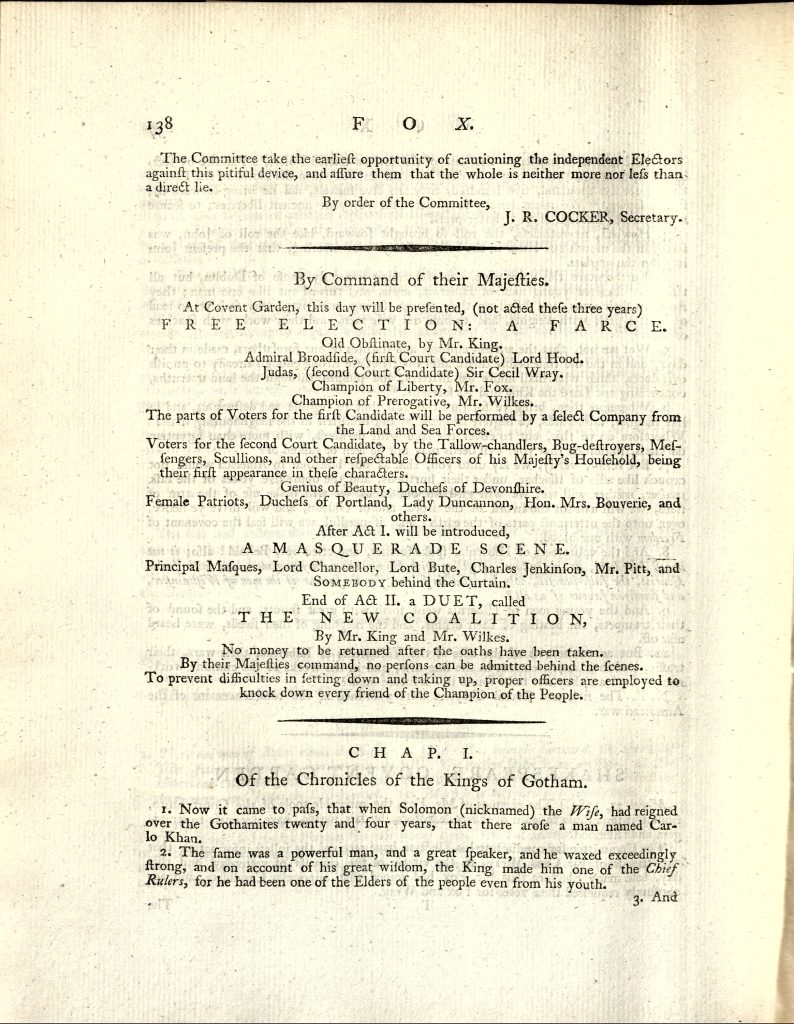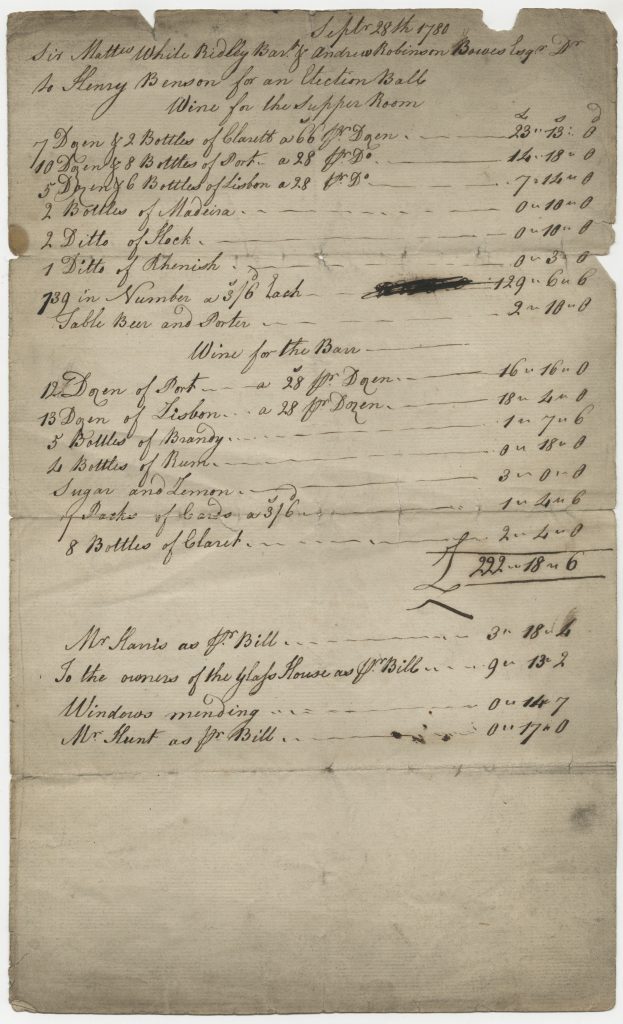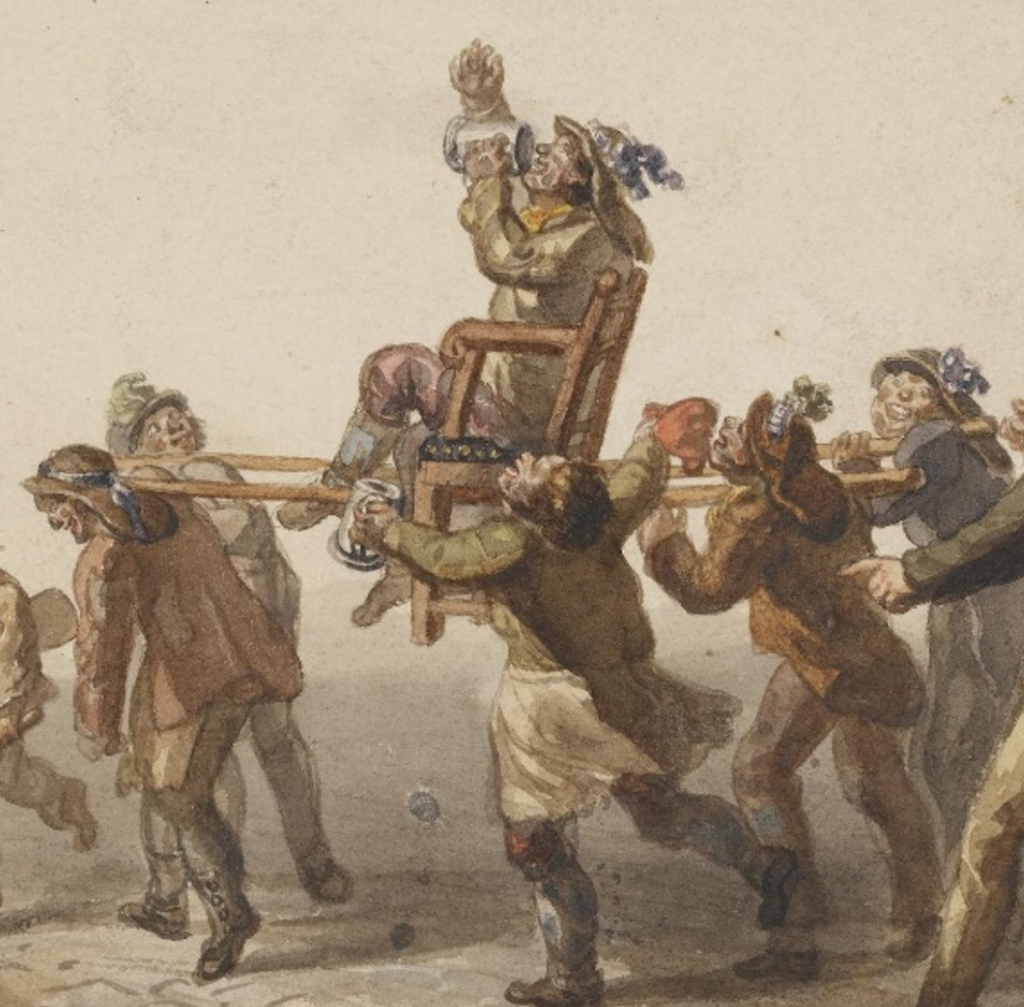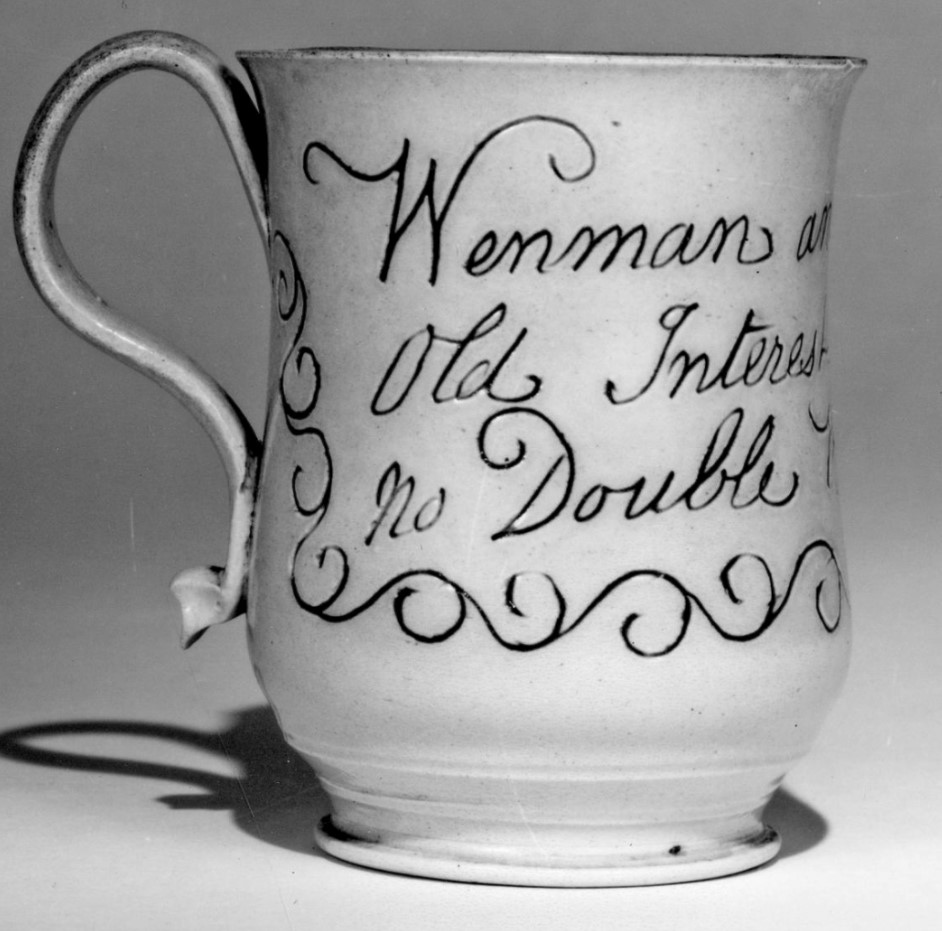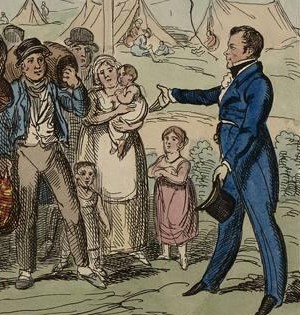Though excluded from the franchise, women found many ways to influence the vote [20-minute read] Five months before the 1768 general election, Lord Breadalbane complained to his daughter, Marchioness Grey, that the ‘Rage of Electioneering’ had already infected Scotland, and that the ‘epidemical Madness’ of the upcoming elections was more virulent than ever. At the […]
Women as participants in elections


